Institutional Power, Silence, and Complicity
The International Psychoanalytic Association’s (IPA) Deal with the Nazis to Jacques Lacan’s Expulsion from the IPA and the COVID-19 Pandemic
Introductory Summary
This short Substack article examines the International Psychoanalytical Association’s (IPA) controversial complicity during the Nazi era and the expulsion of the famous French psychoanalyst Jacques Lacan. It parallels these historical events with institutional silence and complicity to bio-medical fascism during the COVID-19 pandemic. Drawing on French psychoanalyst Gérard Haddad’s critique of psychoanalytic history, Michel Foucault’s theory of power/knowledge and medical discourse, reflections from other French intellectuals such as Sartre, Derrida, and Lyotard, and Giorgio Agamben’s incisive critique of institutional compliance during COVID-19 fascism, I hope to highlight how institutions today are silencing dissent, prioritizing self-preservation over ethical accountability. In effect, the haunting of fascism has always been present. The irony is, the so-called anti-fascists of today, who complied with COVID fascism, have either turned away from historical antecedents and/or are deficient in their so-called prized skill of critical thinking.
The IPA and the Nazi Regime: Haddad’s Exposé
Gérard Haddad’s essay “Jacques Lacan and the Jewish Question” (2004) documents the IPA’s morally ambiguous behaviour during the rise of Nazism. The IPA, led by Ernst Jones[i], sought to protect Jewish analysts by cooperating with the Nazis. This was “seen” as a strategic manoeuvre that involved significant ethical compromise.
Under the leadership of Ernest Jones, the IPA negotiated with the Nazi authorities to allow certain Jewish analysts to emigrate or continue practicing under specific conditions, often at the expense of abandoning the psychoanalytic infrastructure in Germany and Austria. This included allowing the Nazis to claim that psychoanalysis had been “purged” of its Jewish influence.
According to Haddad, the IPA, under Ernst Jones’s leadership, chose a strategy of compromise: they sought to secure Jewish analysts’ exemption from persecution by essentially ‘doing a deal’ with the Nazis. They sacrificed psychoanalytic infrastructure in Germany to save a few individuals, while others were left to be persecuted (1). Moreover, he contends that the IPA’s silence and tacit complicity echoed the worst of institutional capitulation, enabling Nazi policies that devastated psychoanalysis’s Jewish heritage.”(2)
Therefore, rather than mounting a collective ethical resistance to totalitarianism, fascism and the Nazis, the IPA’s behaviour illustrated a kind of institutional self-preservation that the French intellectual Foucault would later associate with the consolidation of discursive power. The costs were not only historical and moral, but also theoretical, as psychoanalysis’s radical Jewish roots were suppressed and/or denied.
Lacan’s Expulsion: Institutional Repression of Radical Innovation
Jacques Lacan’s 1963 expulsion from the IPA is officially attributed to disagreements over the “variable-length session,”[ii]. However, Gerard Haddad argued that Lacan’s exclusion was rather part of an ongoing institutional effort to suppress heterodoxy and Jewish ethical traditions[iii]. Haddad argues that Lacan was not merely expelled for clinical innovation but because he threatened the conservative order of the IPA, which sought to impose uniformity and repress its Jewish and radical legacies. (3) This was not simply an epistemological dispute but a political act: a disciplining of difference (note not inclusion) and a containment of ethical and philosophical destabilization. Lacan’s work, steeped in both Freudian and poststructuralist tensions, challenged institutional orthodoxy and brought to the surface aspects of psychoanalysis that had been repressed through psychoanalytic dogmatism, mystification, and institutional groupthink.
Michel Foucault: Medical Institutions and Control of Discourse
It can be argued that the work of Michel Foucault, on the nefarious side/nature of power, knowledge, and institutions, brings to light the mechanisms behind the IPA’s behaviour and institutional silencing (or the silencing by institutions) more broadly. The issue of the medical gaze and objectification was addressed by Foucault in The Birth of the Clinic. Here, Foucault describes how medical institutions exercise power by objectifying patients. He argued that the medical gaze is a way of seeing that dissociates the disease from the patient, objectifying the body and rendering it subject to medical knowledge and power.(4)
This framework helps explain how institutions develop internal logics that prioritize procedural control over ethical responsiveness.
In another of Foucault’s works, Madness and Civilization Foucault describes how madness was confined and silenced through medical discourse. He shows how the asylum is a place where the madman is isolated and made to disappear from the public space, and in doing so, the discourse on madness is controlled by medical/institutional authority.(5)
The silencing of the "mad" or the dissident subject parallels how institutions expel dissenters like Lacan and suppress the voices of patients or critics. The applications to the COVID era examples (e.g., silencing, expulsion, cancelling, shaming etc) are clear.
Other French Intellectuals on Psychoanalytic Institutional History
Several French philosophers have engaged critically with psychoanalysis’s institutional dynamics. Jean-Paul Sartre recognized Lacan’s significance and critiqued institutional suppression. He argued that Lacan’s expulsion from the IPA was symptomatic of psychoanalysis’s failure to confront its own social, ethical and political responsibilities.(6) Likewise, Jacques Derrida reflected on how institutions exclude disruptive figures like Lacan. He contended that institutions stabilize knowledge by excluding those who destabilize its foundations, a process Lacan was subjected to.(7) Lastly, Jean-François Lyotard’s critique of grand narratives applies to psychoanalytic orthodoxy of the past and of the present (e.g., psychology/psychotherapy/mental health institutions, etc). Lyotard felt that Lacan’s expulsion illustrated the violence of institutional metanarratives that seek to police knowledge and exclude difference.(8) This is ironic considering that the Left during the COVID era was all about colluding with bio-medical fascism and excluding difference.
Giorgio Agamben and the COVID-19 Pandemic: The complicity of Academics with fascism.
The COVID-19 pandemic brought new forms (or the same old fascist forms) of institutional power and silence. Giorgio Agamben, a critical voice contra the Italian/Global COVID restriction imposed by governments, drew sharp parallels between pandemic-era compliance and historical fascism, specifically highlighting the complicity and cowardice to fascist policies of academics.
In his 2020 essay Requiem for the Students, Agamben argued that the teachers/lecturers who agreed to subject themselves to the new online dictatorship and to hold all their classes remotely are the exact equivalent of those university professors who, in 1931, pledged allegiance to the Fascist regime.(9) Agamben thus condemns the silence and conformity of academics during COVID-19 as a form of complicity in the normalization of emergency powers, echoing the institutional behaviours observed in the IPA’s Nazi-era compromises.
Detention and Institutional Repression: From Thomas Binder of the COVID Era to Soviet Dissidents
The supposed COVID-19 pandemic also saw direct institutional repression of dissenting medical voices. One such notable example was Dr. Thomas Binder, a Swiss physician critical of the official COVID-19 narrative. As a result of his dissident views (deviating from the official narrative), he was detained under psychiatric powers, reflecting a troubling face of psychiatric abuse being used as a tool of social control.(10)
The Thomas Binder incident echoes the Communio-fascist tentacles that befell the Soviet dissident Vladimir Bukovsky. Bukovsky was incarcerated in psychiatric prisons for his opposition to the Soviet regime’s oppressive policies. The experience of Bukovsky highlights the continuity of medicalized repression in totalitarian systems.(11) Likewise, Alexander Solzhenitsyn’s harrowing experiences (over a decade in the Soviet Gulag system for being critical of Stalin) in the Gulag illustrate how totalitarian systems weaponize incarceration and silencing to suppress political and intellectual dissent.(12)
The detention of Dr. Binder and the historical memories of Bukovsky and Solzhenitsyn illustrate the ongoing risks faced by individuals challenging dominant institutional narratives and the power structures that uphold them. These challenges have not gone away and were in operation during the COVID-19 era.
Institutional Silence and the COVID-19 Pandemic: Contemporary Parallels
Shocking testimony from the Scottish COVID-19 Inquiry reveals systemic failures and silencing in care home treatment and echoes the fascistic totalitarianism of the COVID era. The examples below from BiologyPhenom’s Substack are not shared enough by the mainstream media nor by supposed truther seekers within the alternative media.
A nurse testified:
“We were told to stop regular visits and rely on telephone check-ins. Many residents deteriorated quickly. Families pleaded for help, but their voices were ignored.” (13)
Family members recounted:
“My father was given drugs that knocked him out and stopped him eating, but no one explained why. It felt like they gave up on him.”(14)
While the pandemic context differs from the totalitarian context of 1930s Europe, both cases expose patterns of institutional fascist behaviour: the privileging of proceduralism over ethical accountability, and the silencing of those who resist, question, or suffer. Foucault’s framework helps us understand how power is exercised not through overt violence alone, but through the invisibilisation and normalization of such totalitarianism.
Conclusion
The IPA’s Nazi-era compromise, Lacan’s expulsion, totalitarian regimes’ punishing/detention of dissidents, pandemic care failures, and totalitarian punishment of COVID dissidents, all exemplify institutional tendencies to control discourse, silence dissent, and prioritize self-preservation over ethical engagement. Foucault’s framework helps us understand these dynamics as expressions of power/knowledge relations embedded in professional and medical institutions. Agamben’s critique extends this by emphasizing the complicity of intellectuals in sustaining fascist trends in society. The spirit of totalitarianism and fascism of the past still haunts. The sins of the past have not been atoned for; the cry “it should never happen again” keeps getting said, but the fascism of the past always repeats. The complicity with fascism trundles on. Ironically, as we saw in the 1930s and the COVID era, the Left were often silent or complicit with COVID medical fascism. From the perspective of “mental health,” psychology, psychotherapy, and psychoanalytic organisations, where does it leave these institutions? It leaves them with a broken moral compass and no credibility in the field of the psyche, and severely lacking when it comes to the ability to heal. That is the price one pays for being silent or colluding with fascism and totalitarianism.[iv]
Sources/further reference.
1. Haddad, Gérard. “Jacques Lacan and the Jewish Question.” In The Cambridge Companion to Lacan, edited by Jean-Michel Rabaté, 210–224. Cambridge: Cambridge University Press, 2004, p. 212.
2. Ibid., p. 214.
3. Ibid., p. 218.
4. Foucault, Michel. The Birth of the Clinic: An Archaeology of Medical Perception. Translated by A. M. Sheridan Smith. New York: Vintage, 1994, p. 3.
5. Foucault, Michel. Madness and Civilization: A History of Insanity in the Age of Reason. Translated by Richard Howard. New York: Vintage, 1988, p. 49.
6. Sartre, Jean-Paul. Critique of Dialectical Reason. Translated by Alan Sheridan-Smith. London: Verso, 2004.
7. Derrida, Jacques. Of Grammatology. Translated by Gayatri Chakravorty Spivak. Baltimore: Johns Hopkins University Press, 1976.
8. Lyotard, Jean-François. The Postmodern Condition: A Report on Knowledge. Translated by Geoff Bennington and Brian Massumi. Minneapolis: University of Minnesota Press, 1984, p. 60.
9. Agamben, Giorgio. Requiem for the Students. 2020. https://compart.uni-bremen.de/content/4-teaching/0-sommer-20/2-think-the-image-generative-art/3-material/paper-2020-agamben_requiem.pdf
10. Dr. Thomas Binder Interview - How Psychology Was Weaponized To Suppress Truth In The Age Of COVID | Children's Health Defense Europe. https://childrenshealthdefense.eu/eu-affairs/dr-thomas-binder-interview-how-psychology-was-weaponized-to-suppress-truth-in-the-age-of-covid/
11. Vladimir Bukovsky 1942-2019. https://www.vladimirbukovsky.com/
12. The Gulag Archipelago | Summary, Aleksandr Solzhenitsyn, & Facts | Britannica https://www.britannica.com/topic/The-Gulag-Archipelago
13. Scottish COVID-19 Inquiry, Official Transcript, Day 145, 2023,
https://www.covid19inquiry.scot
.
14. Scottish COVID-19 Inquiry, Official Transcript, Day 152, 2023,
https://www.covid19inquiry.scot
.
Footnotes
[i] Ernest Jones - Wikipedia https://en.wikipedia.org/wiki/Ernest_Jones
[ii] The variable-length session is a modification of the standard 50-minute psychoanalytic session whereby a session can be stopped at any time when a significant point in the session has been reached; the unconscious has no sense of time. And the variable session subverts a patient’s defences and strategies to evade “truthfulness.”
[iii] Note, Jacques Lacan was not Jewish. He was brought up Catholic. Lacan was widely read and was especially interested in the Old Testament/Tanach, Midrash and their links to the practices of psychoanalysis. See Gerard Hadded, Le Jour où Lacan m'a adopté, Le Jour où Lacan m'a adopté : Haddad, Gérard: Amazon.fr: Books https://www.amazon.fr/Jour-o%C3%B9-Lacan-adopt%C3%A9/dp/2246429110
[iv] See my other essays on the use of unethical and illegal applied psychology during the covid era to enforce and coerce people into following restrictions. The majority of “mental health” organisations/charities, psychotherapy/psychoanalytic organisations were silent and/or colluded with the unethical and illegal use of psychology. Dr Bruce Scott | UKColumn https://www.ukcolumn.org/writer/dr-bruce-scott

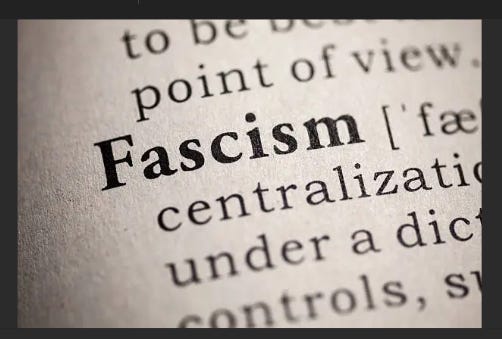
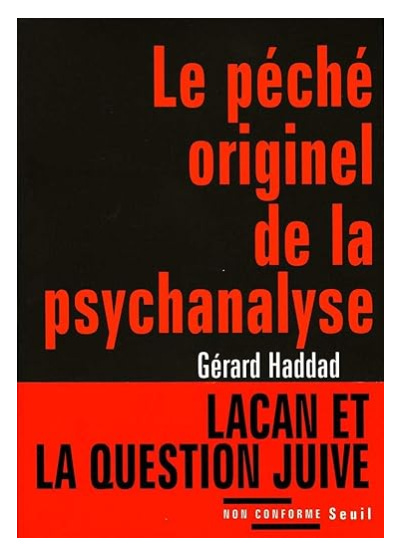
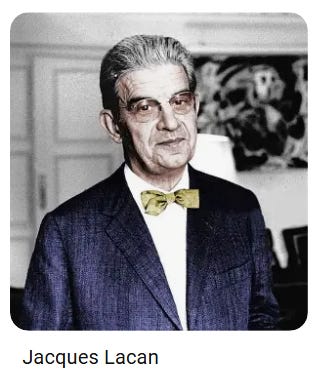
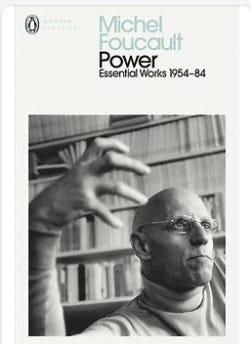
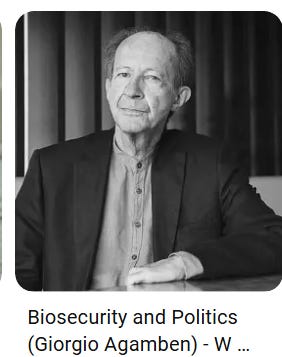
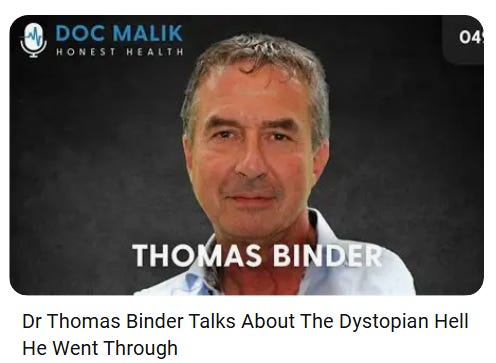
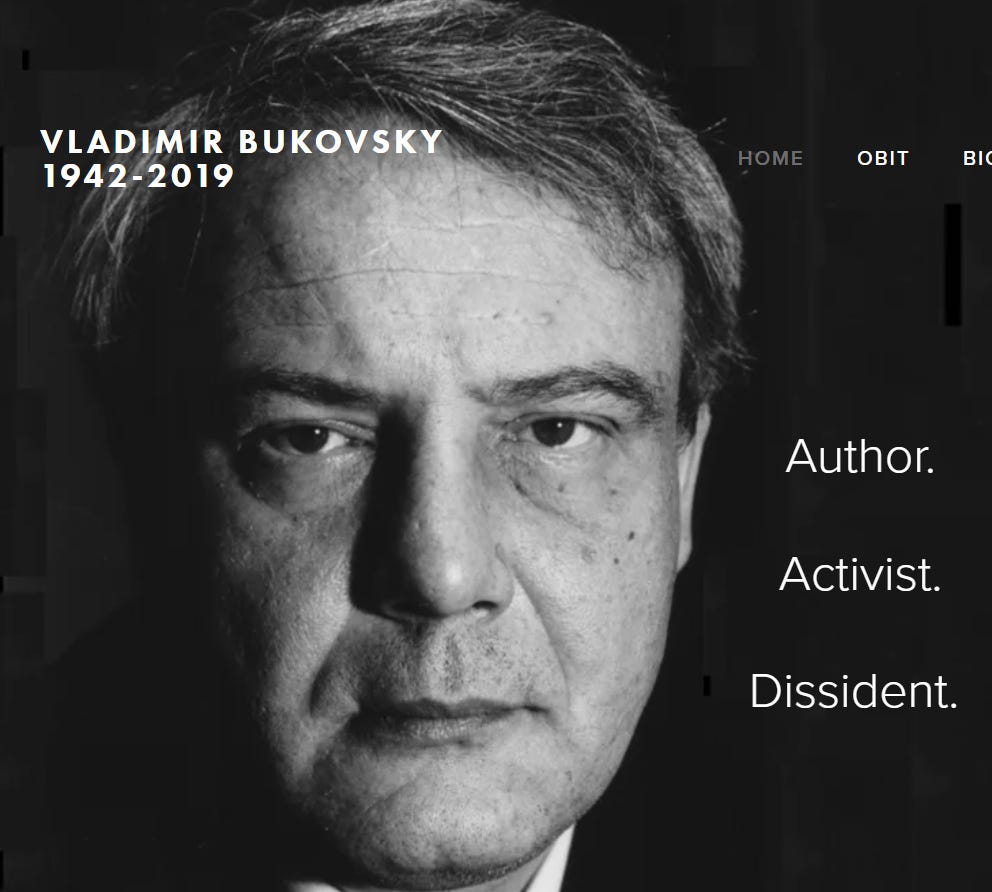
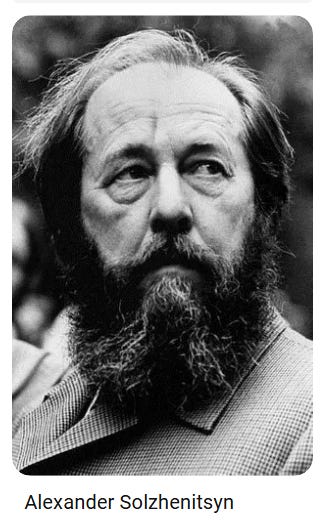

Thanks. I was a lefty until all of this happened. People seem to be saying just move on, but that is exactly why it keeps happening!
It's all even more remarkable when you look at the ruling party in Scotland and what their members are commonly known as.
https://www.scottishdailyexpress.co.uk/news/politics/snp-axing-10-staff-financial-34124318
Another authetic and valuable article Bruce. The 'COVID' era atrocities are historically significant and yet almost no one 'speaking out' seems to care about highlighting them. Particularly a famous historian from Stirling Scotland with a large social media following. Tick box and move on. Are we going to move on though? I doubt it.